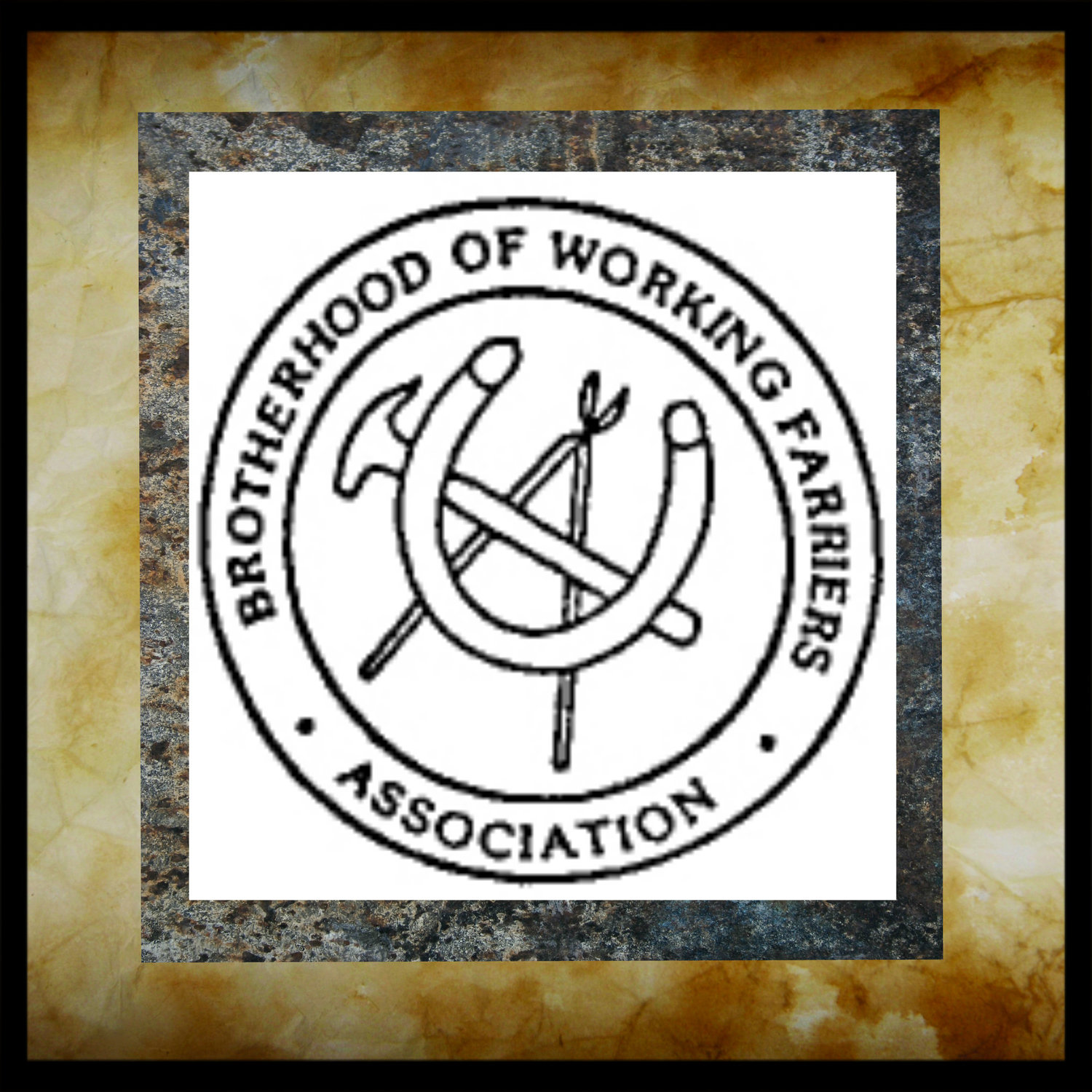White Hooves Bad, Black Hooves Good, Right?
Surprisingly, I get asked quite often if black hooves are better then white hooves and run into many horse people that certainly have an opinion about whether or not black hooves are better than white. And then there's the "But so-and-so said..." Sadly, there are many myths about the topic to address in this article but I'll try to touch on what I've researched in relation to the white hoof versus the black hoof debate.
There is an old adage about horse trading that goes: One white foot-buy him. Two white feet-try him. Three white feet-look well about him. Four white feet-go without him.
Some people are under the impression that all white hooves need to be shod but it is not necessary for black hooves to be shod. So I ask ,what you would do if your horse has three black hooves and one white hoof? Would you place a shoe on the white hoof and leave the black hooves alone? Sounds silly, right? And then there are the striped hooves, how would you handle them? Unfortunately, this "wisdom" can confuse well-meaning horse owners. Mostly, the color of a horse's hoof is determined by color pigment. Often, when the horse has white markings it will have white hooves, and horses that have black legs tend to have black hooves. Some horses that have a mixture of colors on their legs will have a mixture of colors on their hooves, ie. striped hooves.
Master Farrier John Burt says, "There is no quality difference on the same horse, no scientific data to sustain any difference. The white and black hoof are both designed the same structurally; the texture and quality of the hoof is the same." John owns and operates the JDC School of Basic Farrier Science near Texarkana, Ark. He is also a member and tester for the Brotherhood of Working Farriers Association (BWFA) and a 2001 inductee into the BWFA Hall of Fame, so I give his statements ample creditability.
The biggest differences among the strengths of a horse's hooves is due to moisture content and genetics. That being said, I frequently recommend a good hoof sealant or conditioner to be used especially after a visit from your farrier. Most farriers will carry a variety of products or can suggest certain items they have found to be of good quality.
What it really comes down to is what you, as a horse owner, likes in breeding and coloring of horses.
There is no scientific determination as to which color is better. On a personal note, as a farrier, I like white hooves simple because it is easier for me to see the various imperfections of the hoof while I'm working on them. I take nothing away from black hooves and the majority of horses I work on have them. But ultimately the debate is simply a myth.
Russell Bloodworth is a Certified Farrier.
He owns, Farrier Services, in Greenville, AL, and
works on horses throughout south Alabama and
and the Florida panhandle.

